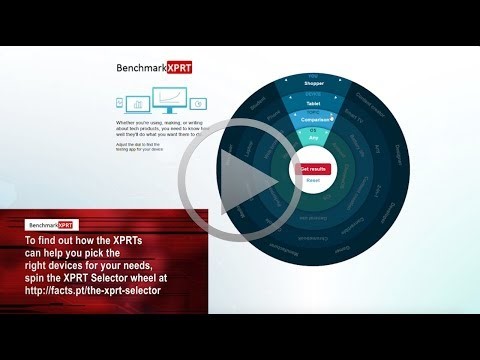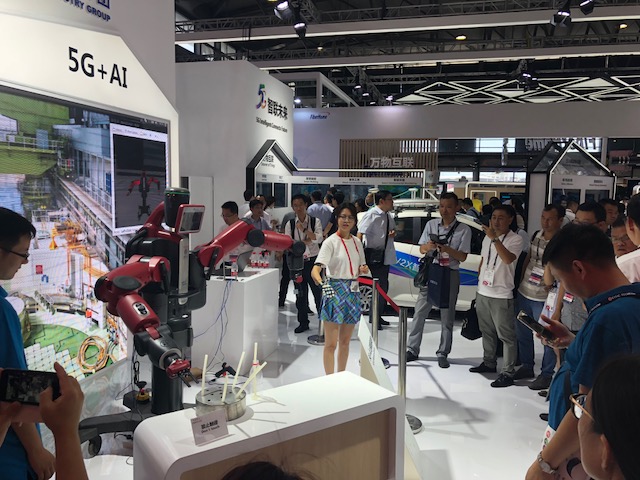2019 is winding down, and we want to take this opportunity to review another exciting and productive year for the BenchmarkXPRT Development Community. Readers of our newsletter are familiar with the stats and updates we post in each month’s mailing, but we know that not all our blog readers receive the newsletter, so we’ve compiled the highlights below.
Trade shows
Earlier this year, Justin attended CES in Las Vegas and Mark travelled to MWC Barcelona. These shows help us keep up with the latest industry trends and gather insights that help to lay the groundwork for XPRT development in the years ahead.
Benchmarks
In the past year, we released MobileXPRT 3, HDXPRT 4, and AIXPRT, our new AI benchmark tool that helps you evaluate a system’s machine learning inference performance. There’s much more to come in 2020 with AIXPRT and several other projects, so expect more news about benchmark development early in the year.
Web mentions
In 2019 so far, journalists, advertisers, and analysts have referenced the XPRTs over 5,000 times, including mentions in more than 190 articles and 1,350 device reviews. This represents a more than 50% increase over 2018.
Downloads and confirmed runs
To date, we’ve had more than 24,800 benchmark downloads and 153,000 confirmed runs in 2019, increases of more than 8% and 10%, respectively, over 2018. Within the last month, our most popular benchmark, WebXPRT, passed the 500,000-run milestone! WebXPRT continues to be an industry-standard performance benchmark upon which OEM labs, vendors, and leading tech press outlets rely.
XPRT Tech Spotlight
We put 47 new devices in the XPRT Tech Spotlight throughout the year and published updated back-to-school, Black Friday, and holiday showcases to help buyers compare devices.
Media and interactive tools
We published a new XPRTs around the world infographic and an interactive AIXPRT installation package selector tool. We’ve received a lot of positive feedback about the tool. We encourage you to give it a try if you’re curious about AIXPRT but aren’t sure how to get started.
We’re thankful for everyone who used the XPRTs, joined the community, and sent questions and suggestions throughout 2019. This will be our last blog post for 2019, but there’s much more to come in 2020, including some exciting new developments. Stay tuned in early January for updates!
Justin
















